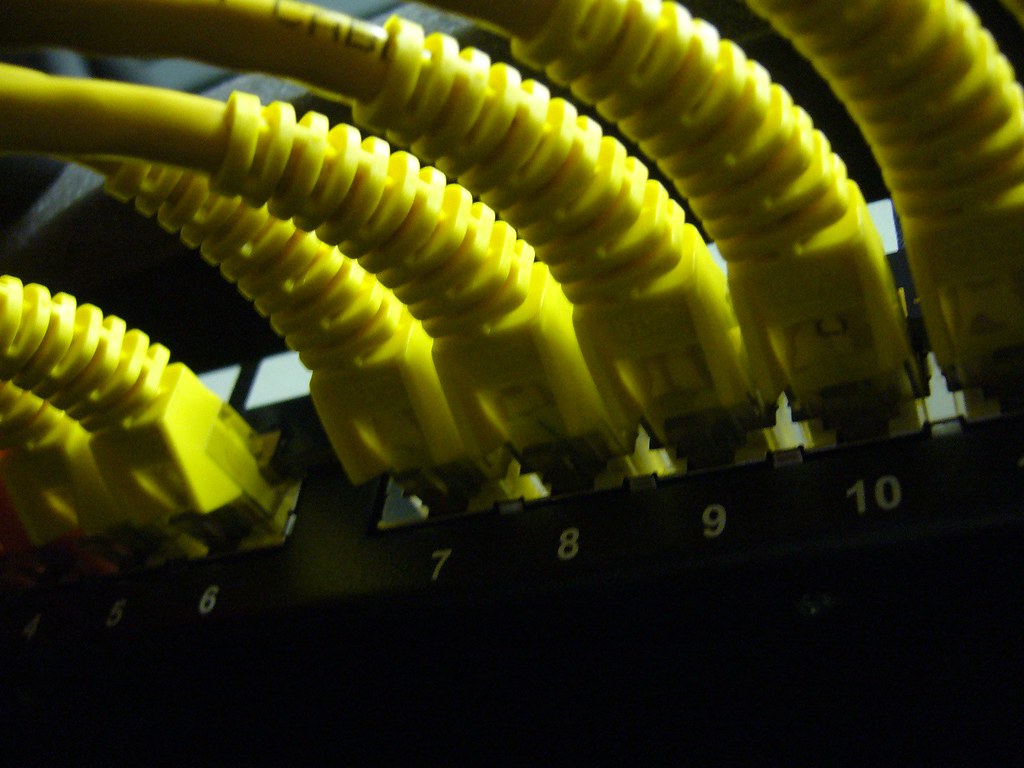Radio Berkman 151: A Non-Unified Theory of the Internet
April 29th, 2010
 Does the discussion of a free and open internet really have to be an ideological debate? Some would say the situation is black or white, open or closed. You are either for freedom of content, the right to post anonymously, and to opt out of having your data tracked, or you are in favor of censorship, filtering, and monitoring.
Does the discussion of a free and open internet really have to be an ideological debate? Some would say the situation is black or white, open or closed. You are either for freedom of content, the right to post anonymously, and to opt out of having your data tracked, or you are in favor of censorship, filtering, and monitoring.
But delve deeper into the discussion and you’ll notice the nuance. In fact, if you don’t notice some caveats in the debate you’re probably not looking deeply enough.
One person who has spent a lot of time looking at those caveats is legal expert and Berkman Center fellow Donnie Dong. He says there is room for more than one perspective on how the net should work, and cautions against pursuing a common denominator along ideological lines. Culturally, linguistically, and individually we do not see a unified internet, regardless of the technological underpinnings that bring us together on the web.
Donnie says the multi-cultural web we are currently experiencing represents a kind of “cyberpluralism,” a phenomenon that would be good to acknowledge as we debate the future of the web.
Listen:
or download
…also in Ogg!
Reference Section:
- Donnie blogs here
- Check out Donnie’s most recent thoughts on cyberpluralism here
- Donnie recently gave a talk on cyberpluralism here
- David Weinberger liveblogs some of this conversation here
Music this week:
Scott Altham – Hear Us Now
Childish Gambino – Baby Doll
Photo courtesy of Flickr user skreuzer
Partial Transcript
Radio Berkman 151: A Non-Unified Theory of the Internet
Can there be more than one internet? The answers to this question and more on this week’s Radio Berkman
====
If we look at the internet as some at the US State Department do – as a unified nervous system for the planet – there’s not really much room for argument. The world not only needs to have a common understanding of the technological underpinnings of the net, but of what kinds of communication are allowed or restricted. What do we keep anonymous? How do we respect privacy? And how do we deal with massive copyright issues or child endangerment?
But there is another view on the net. Something that legal scholar Donnie Dong refers to as cyber-pluralism, the idea that there are actually two or more internets – not segregated by technology, but by the more established borders of culture, language, and personal preference.
According to Donnie the arguments over freedom and the internet often become much too ideological much too quickly. We focus too simply on how the net in the West compares to China, he says. While we search for a common denominator for the internet, we marginalize the uncommon but possibly important aspects of the net, not only outside our own borders, but within our own borders as well.
====
Donnie Dong is a Berkman Fellow, a Fulbright Junior Scholar, and legal scholar at the City University of Hong Kong. You can follow his work on the web at Blawgdog.com – What do you think about this topic? Is cyber-pluralism something you could get behind? Or a little too culturally relativist for your tastes? Leave us a comment at blogs…..
META:
Blog: http://www.blawgdog.com/
http://blogs.law.harvard.edu/donnie/2010/04/17/cinternet-and-cyberpluralis/
http://blogs.law.harvard.edu/mediaberkman/2010/03/16/donnie-dong-on-cyber-pluralism-can-we-get-along-with-each-other-in-a-“splitting”-internet/
http://www.hyperorg.com/blogger/2010/03/16/berkman-donnie-dong-on-separate-internets/?utm_source=twitterfeed&utm_medium=twitter
Entry Filed under: audio,radioberkman




Leave a Comment
Some HTML allowed:
<a href="" title=""> <abbr title=""> <acronym title=""> <b> <blockquote cite=""> <cite> <code> <del datetime=""> <em> <i> <q cite=""> <s> <strike> <strong>